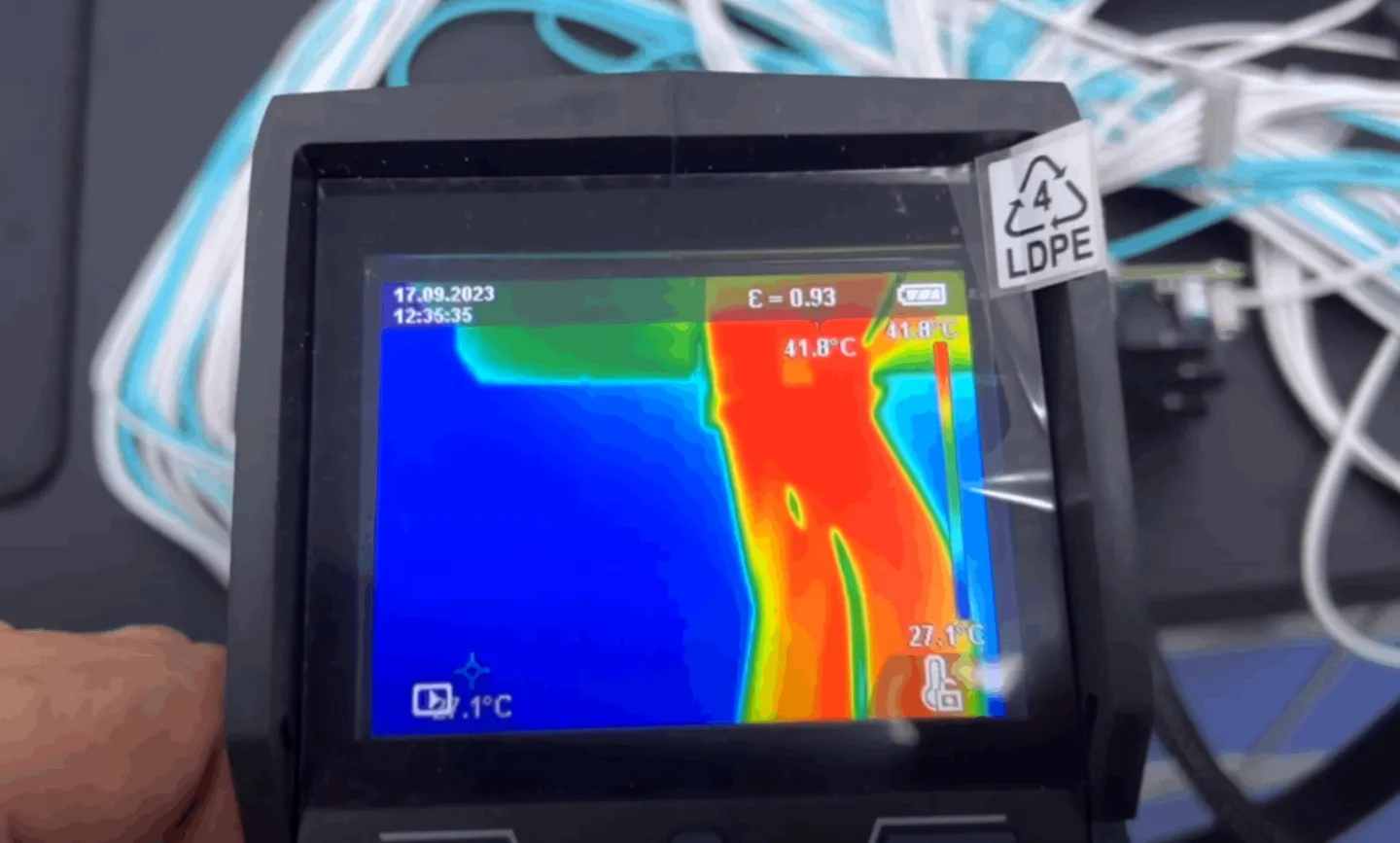An analysis was carried out to study the performance of the newly introduced 12V-2x6 power connector. The objective of this evaluation was to gauge the connector's functionality in optimal and suboptimal conditions.
A notable outcome of this study was the evident enhanced performance of the 12V-2x6 connector in comparison to its earlier version, the 12VHPWR connector. The newer model exhibited impressive thermal efficiency, even under conditions of increased cable strain. The testing was conducted at Linewell, a firm with specialization in producing power cables for entities such as Asus. Two test conditions were created: one where the cable was fully engaged and another with it being partially engaged. In both tests, the cable provided its maximum 660W power rating, thereby pushing the connector's capabilities.
The 12V-2x6 connector managed to distribute the complete 660W power effectively in both test conditions, securing thermal metrics well within the safe range. Interestingly, there was enhanced thermal performance, with a temperature drop of 5.5 degrees Celsius, when the connector was not completely engaged. Several factors contributed to this elevated performance, notably the shortened design of the connecting pins and their high conductivity, which in turn reduced voltage resistance. This optimization ensures minimal overheating chances, even during instances of incorrect engagement.
Comparatively, the predecessor, the 12VHPWR connector, had a history of overheating issues, particularly when there was undue stress on the power cable or if it wasn't correctly inserted. These challenges became apparent with graphics cards like the RTX 4090, which neared the 12VHPWR's 600W power capacity.


